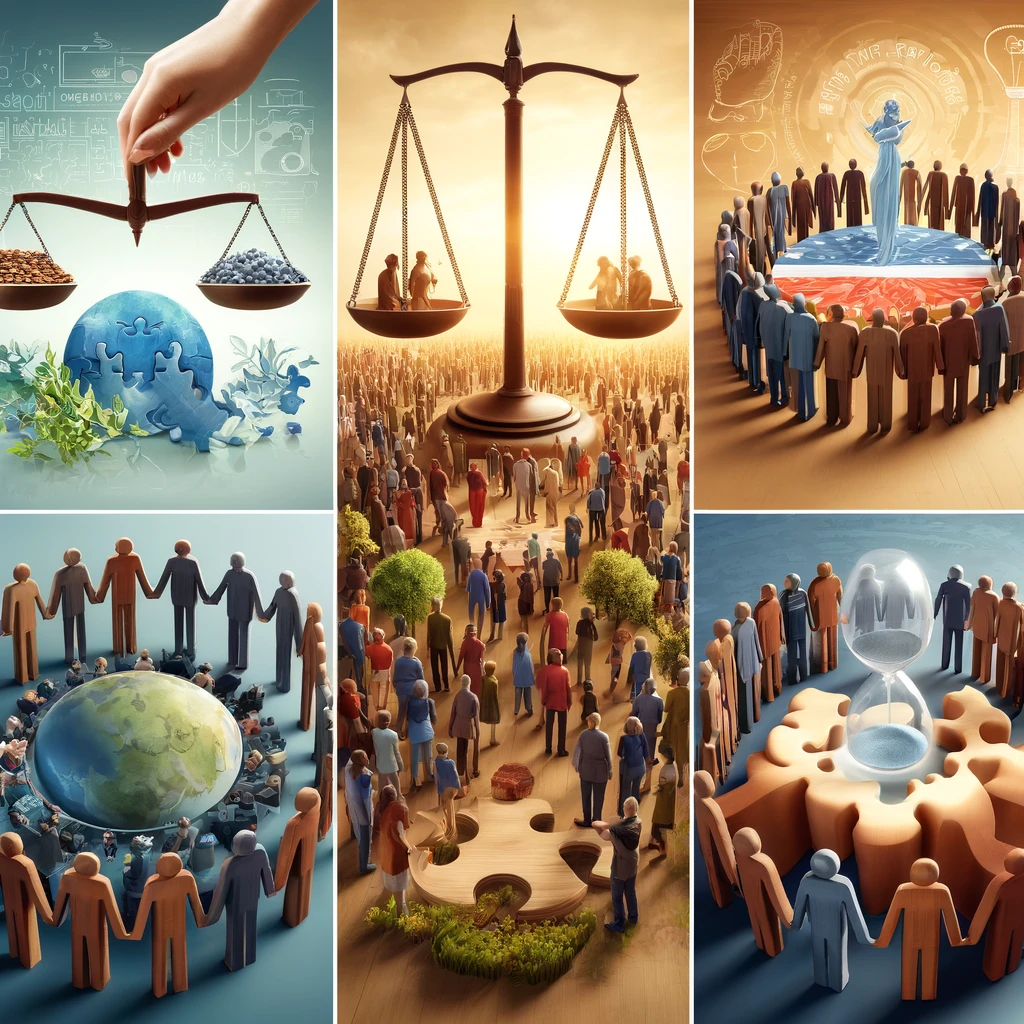In the dynamic world of politics, the language used by leaders not only reflects their policies but also shapes their interactions with the public and businesses. For CEOs and executives, who are experts in their industries but not necessarily in political rhetoric, understanding these nuances is crucial. This is where government relations professionals come in, bridging the gap between corporate strategy and political discourse.
Justin Trudeau: A Language of Inclusivity and Progressive Change
During his election campaigns in 2015 (“Real Change”), 2019 (“Choose Forward”), and 2021 (“Forward. For Everyone.”), Prime Minister Justin Trudeau employed a language that emphasized inclusivity, progressiveness, and positive societal change. His slogans and speeches were crafted to resonate with themes of job creation, environmental stewardship, and social justice, appealing broadly to ethical frames of rights and distributive justice. Trudeau’s approach sought to mobilize a coalition by advocating for the protection of collective rights and a equitable distribution of resources, which are central to these ethical frameworks.
For businesses, Trudeau’s language signaled a need to align with these socially progressive themes. Government relations strategies under his administration have focused on demonstrating how business practices and policies contribute to broader societal goals, such as reducing carbon footprints, enhancing diversity, and fostering inclusive growth.
Pierre Poilievre: A Call to Action Against Status Quo
In contrast, Pierre Poilievre, with his straightforward style, advocates a strategy of engaging directly with the electorate. His call to “fire your lobbyist and go to the people” reflects a shift towards universal duty and utilitarianism. Poilievre’s rhetoric suggests that the effective way to influence policy is by addressing the largest number of people directly, aiming for the greatest good for the greatest number. This utilitarian approach is complemented by an emphasis on universal duty, where the moral obligation to engage and inform the public is highlighted as paramount over traditional lobbying.
This new language from Poilievre implies that government relations strategies need to evolve. Rather than focusing solely on direct lobbying, there is a clear need to craft messages that resonate directly with the public. For businesses, this means utilizing platforms that reach wider audiences and engaging in transparent, straightforward communication that underscores how their objectives align with public interests.

The Role of Government Relations Professionals
Understanding these shifts in political communication is not just about listening; it’s about strategically responding to them. Government relations professionals are adept at interpreting the language and intentions behind political rhetoric. They play a crucial role in advising businesses on how to adjust their approaches to advocacy and public engagement.
In an era where political language and strategies are rapidly evolving, the expertise of government relations professionals becomes even more valuable. They equip businesses with the insights and strategies needed to effectively engage with governments and the public, ensuring that their voices are heard and their interests are represented.
Conclusion
As the political landscape continues to shift, so too must the strategies used by businesses to engage with it. By understanding the language of political leaders like Justin Trudeau and Pierre Poilievre, and the underlying ethical frameworks they invoke, government relations professionals provide businesses with the critical guidance needed to navigate this complex terrain. In this way, they ensure that businesses are not only participants in the conversation but are also shaping its outcome.